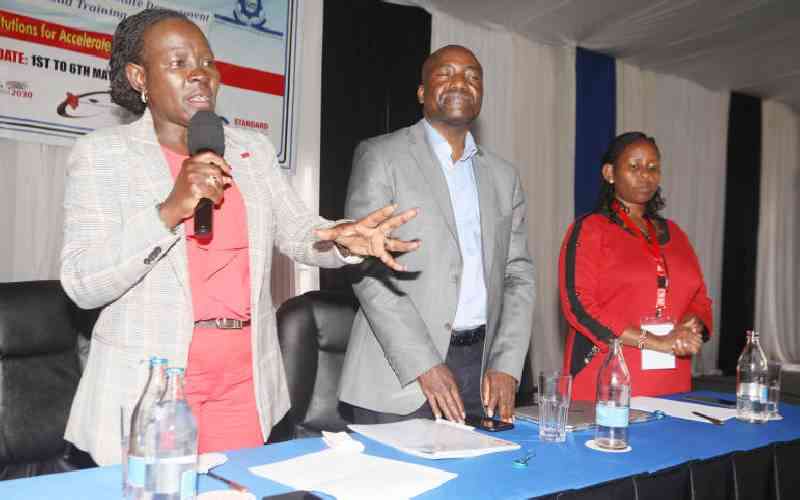×
The Standard e-Paper
Join Thousands Daily

The new model of funding Technical and Vocational Education and Training (Tvet) institutions announced by President William Ruto last week will not affect the continuing students and the May intake, the government has clarified.
Tvet Principal Secretary Esther Muoria said the model that gives students from poor family backgrounds more government funding will take effect during the September intake.







